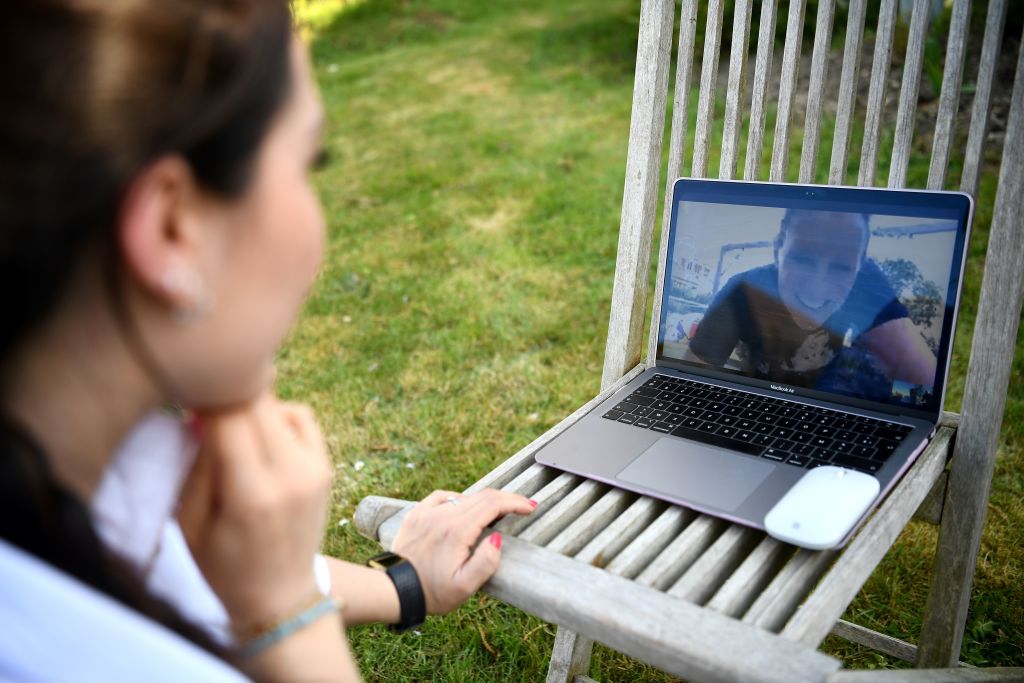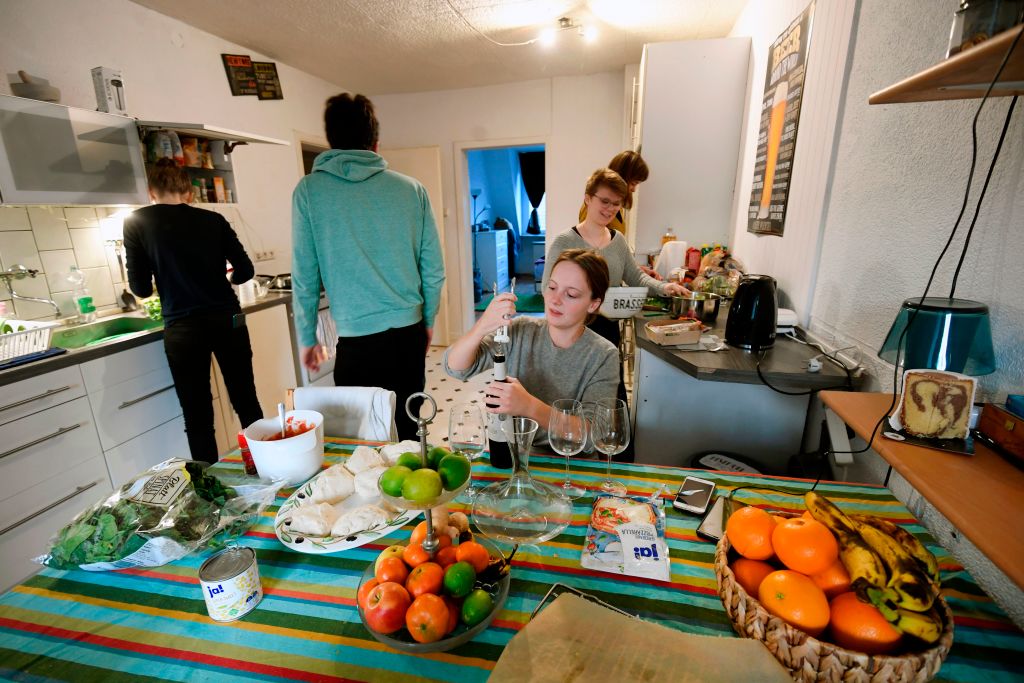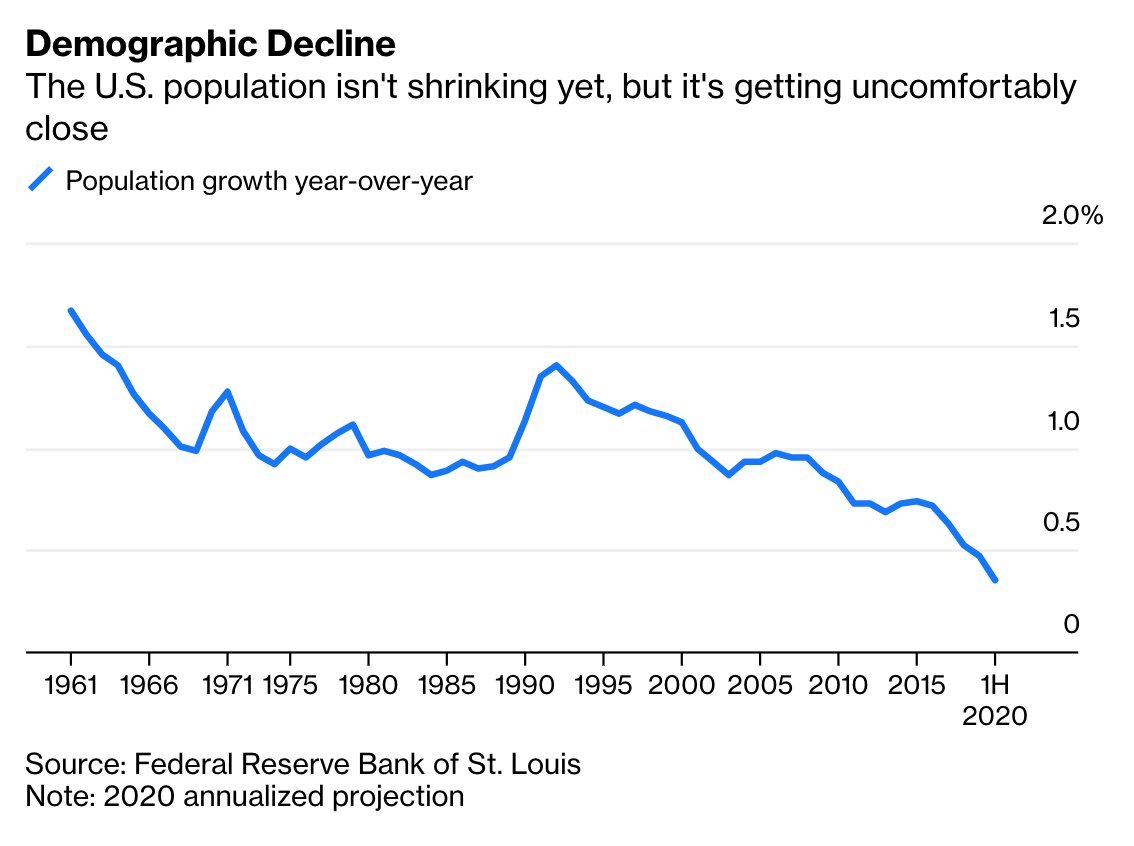
In 1967, Barron Hilton, of Hilton Hotels, turned up at an @AAS_Office meeting devoted to “outer space tourism.”
There, he laid out plans for orbiting Hiltons and lunar hotels, complete with Galaxy Lounges where guests might “enjoy a martini and the stars”
trib.al/7ou3BhC
There, he laid out plans for orbiting Hiltons and lunar hotels, complete with Galaxy Lounges where guests might “enjoy a martini and the stars”
trib.al/7ou3BhC
Alas, humans had to wait decades for a space outpost, and the one they got, the International Space Station, wasn't built for luxury travel.
But now, as the ISS nears the end of its useful life, some entrepreneurs are revisiting Hilton’s vision trib.al/7ou3BhC
But now, as the ISS nears the end of its useful life, some entrepreneurs are revisiting Hilton’s vision trib.al/7ou3BhC

The American ambition to commercialize space is almost as old as the urge to explore it.
In 1962, NASA launched Telstar 1, the world’s first privately financed satellite, opening the way for today's multibillion-dollar communication-satellite industry trib.al/7ou3BhC
In 1962, NASA launched Telstar 1, the world’s first privately financed satellite, opening the way for today's multibillion-dollar communication-satellite industry trib.al/7ou3BhC

NASA spent the 70s lobbying for a crewed orbital station that could serve as a:
🔬Laboratory
🏭Factory
🌖Waypoint for travel to the moon and Mars trib.al/7ou3BhC
🔬Laboratory
🏭Factory
🌖Waypoint for travel to the moon and Mars trib.al/7ou3BhC

The ISS, announced in 1984, seemed to fit the bill, but had downsides:
⏰Ran over-deadline
💸Total costs over three decades to 2015 exceed $150 billion
🛰Underused for most of its history trib.al/7ou3BhC
⏰Ran over-deadline
💸Total costs over three decades to 2015 exceed $150 billion
🛰Underused for most of its history trib.al/7ou3BhC

One problem is that it was expensive to send people and equipment to space.
In 2005, NASA hit on a new strategy: Use private companies to deliver cargo and crew to the ISS, in the hopes of driving down costs and encouraging a commercial space industry trib.al/7ou3BhC
In 2005, NASA hit on a new strategy: Use private companies to deliver cargo and crew to the ISS, in the hopes of driving down costs and encouraging a commercial space industry trib.al/7ou3BhC

It was a long-shot bet, but a huge success:
Sixteen years later, thanks to companies such as SpaceX, the cost of launching people and gear to the ISS has fallen dramatically
trib.al/7ou3BhC
Sixteen years later, thanks to companies such as SpaceX, the cost of launching people and gear to the ISS has fallen dramatically
trib.al/7ou3BhC

As a result, commercial space is booming:
📸Estee Lauder arranged for face cream to be photographed on the ISS
🏖This year, tourists will arrive for a holiday via a SpaceX rocket (at $55 million per ticket)
🎥Tom Cruise will film scenes for a movie trib.al/7ou3BhC
📸Estee Lauder arranged for face cream to be photographed on the ISS
🏖This year, tourists will arrive for a holiday via a SpaceX rocket (at $55 million per ticket)
🎥Tom Cruise will film scenes for a movie trib.al/7ou3BhC

NASA’s vision extends beyond such one-offs.
In 2020, NASA contracted with Axiom Space to attach modules to the ISS that will break off and form a commercial station.
Up to four other companies will be funded to develop competing concepts trib.al/7ou3BhC
In 2020, NASA contracted with Axiom Space to attach modules to the ISS that will break off and form a commercial station.
Up to four other companies will be funded to develop competing concepts trib.al/7ou3BhC

Many details remain to be worked out, but a sustainable commercial outpost in low-Earth orbit would be good for several reasons:
💵Saving taxpayer money
⚗️Companies could conduct research there
🎉Opportunity for entirely novel uses trib.al/7ou3BhC
💵Saving taxpayer money
⚗️Companies could conduct research there
🎉Opportunity for entirely novel uses trib.al/7ou3BhC

An Earth-orbiting hotel is a pretty cool idea. But what about a vacation to Mars?
@AdamMinter will be on @Clubhouse tomorrow talking to experts including NASA’s Jim Green about whether humans will ever make it to the red planet or not.
Don't miss it! joinclubhouse.com/event/PNRK4JJ8
@AdamMinter will be on @Clubhouse tomorrow talking to experts including NASA’s Jim Green about whether humans will ever make it to the red planet or not.
Don't miss it! joinclubhouse.com/event/PNRK4JJ8
• • •
Missing some Tweet in this thread? You can try to
force a refresh














